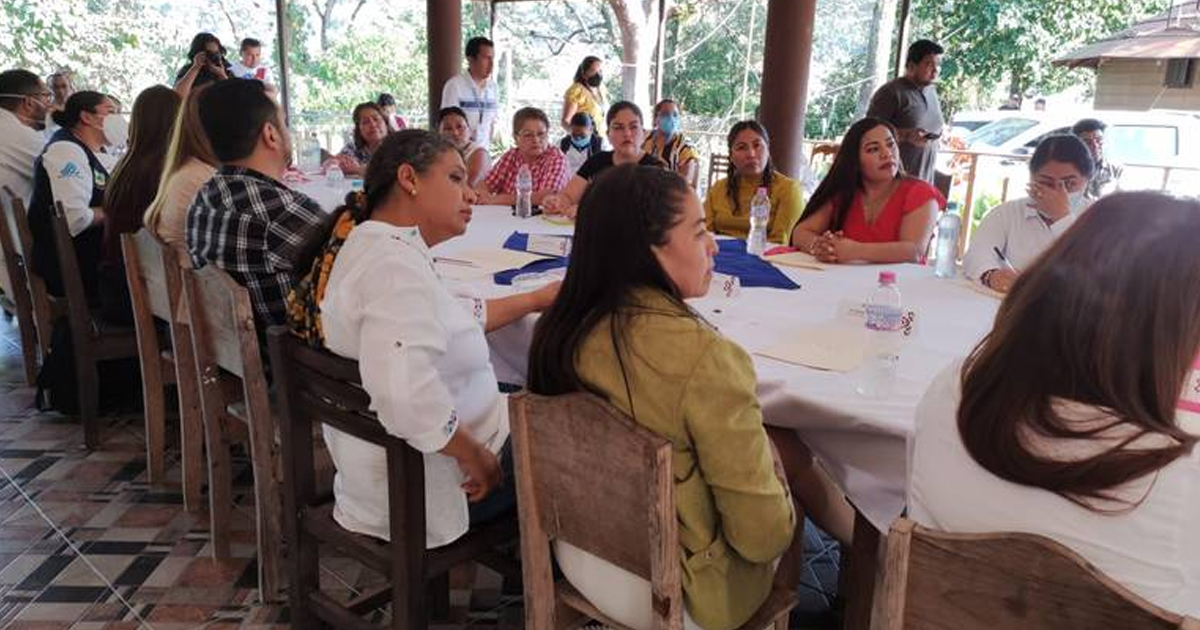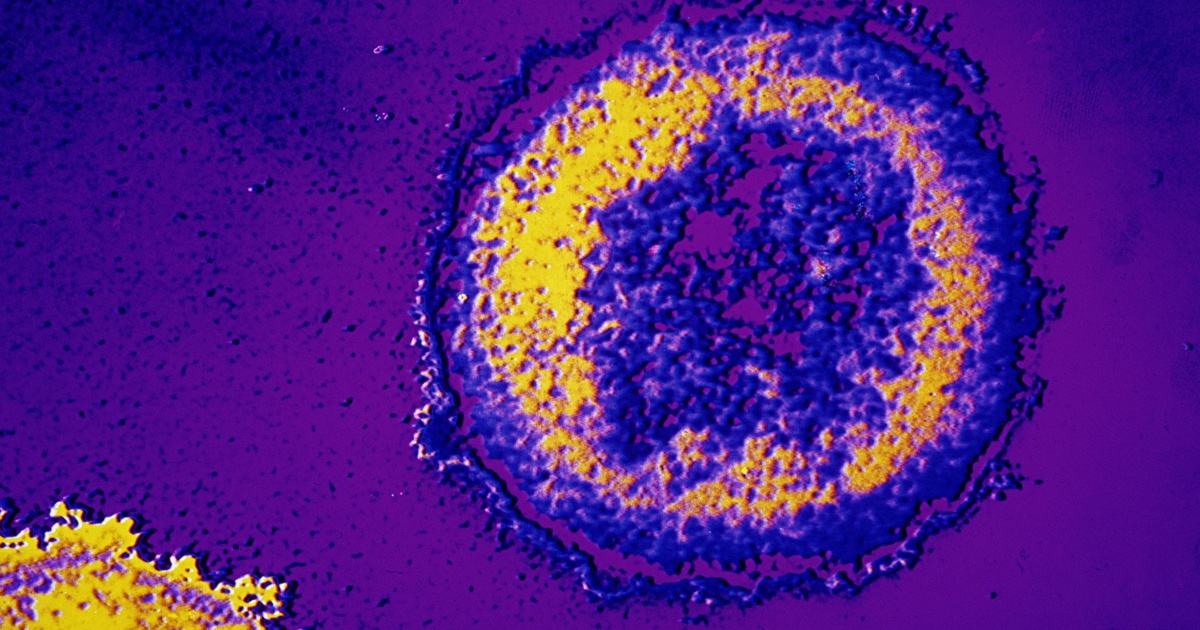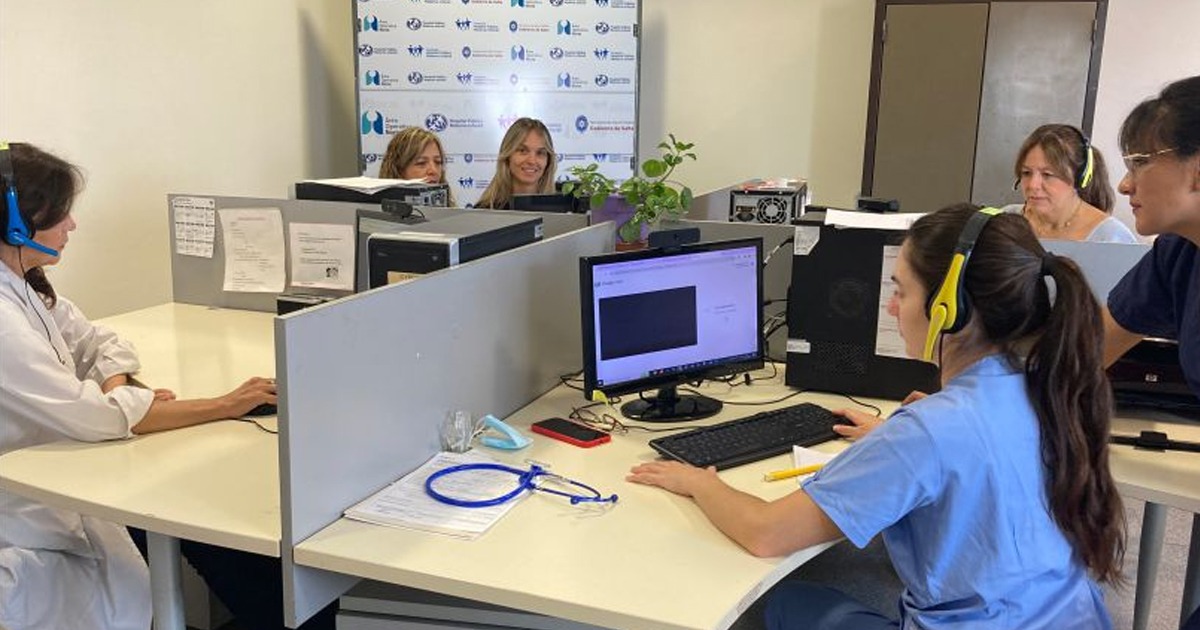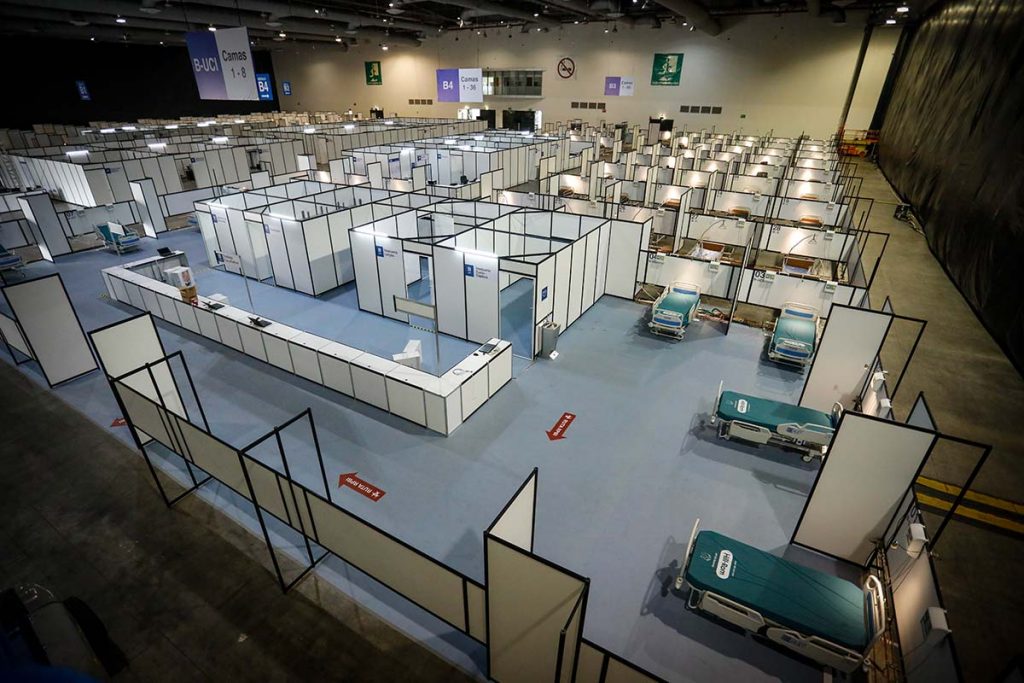The World Health Organization (WHO) recently published a report titled “Ageism in Artificial Intelligence for Health”, which calls for action to ensure that such technologies benefit all people regardless of their age.
According to the WHO, ageism, also called age discrimination, is a phenomenon that occurs when people's age is used to categorize and divide them, which gives rise to prejudice, discrimination, and institutional practices that perpetuate these beliefs. According to the WHO, ageism can lead to poorer health, social isolation and early deaths.
The WHO document presents a series of legal and non-legal measures that can be used to minimize the problem of ageism and introduce it without problem to Artificial Intelligence (AI) innovations.
AI generally works thanks to algorithms, which send instructions on data to generate information or draw conclusions about some analysis. Thanks to these technologies, huge amounts of data can be analyzed that would have been impossible just a few years ago.
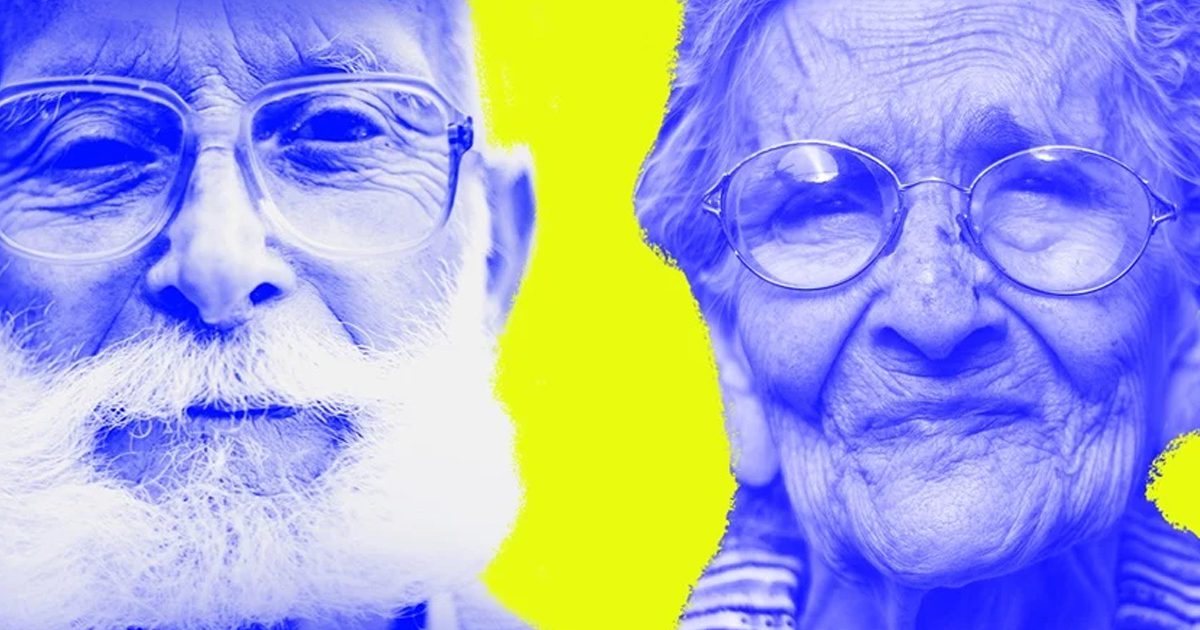
Techniques such as automatic learning or machine learning, natural language processing, among others, are based on mathematical and statistical models that analyze information patterns. In this sense, AI is used to help in the early detection of diseases, to generate prevention techniques, among other uses and applications.
However, as the WHO explains, “there is concern that, if left unchecked, AI technologies could perpetuate existing age discrimination in society and undermine the quality of medical and social care that older people receive” . Also, the data generated for the AI system may not be representative of older adults or may be biased by preconceived ideas about age.
As the WHO explains, the scope of AI-based technologies should not perpetuate stereotypes based on age, for this it is necessary to identify this type of bias not only from its design and development but also from its use and evaluation.
The WHO proposes the following considerations so that new AI technologies can solve the problem of age discrimination:
- Participatory design of AI technologies by and with older people
- Age-diverse data science teams
- Collection of inclusive data by age
- Investments in digital infrastructure and digital literacy for older people and their healthcare providers and caregivers
- Rights of older persons to consent and object
- Governance frameworks and regulations to empower and work with older people
- More research to understand new uses of AI and how to avoid bias
- Robust ethical processes in the development and application of AI
You can read the full document (in English) at the following link: https://apps.who.int/iris/rest/bitstreams/1408281/retrieve

